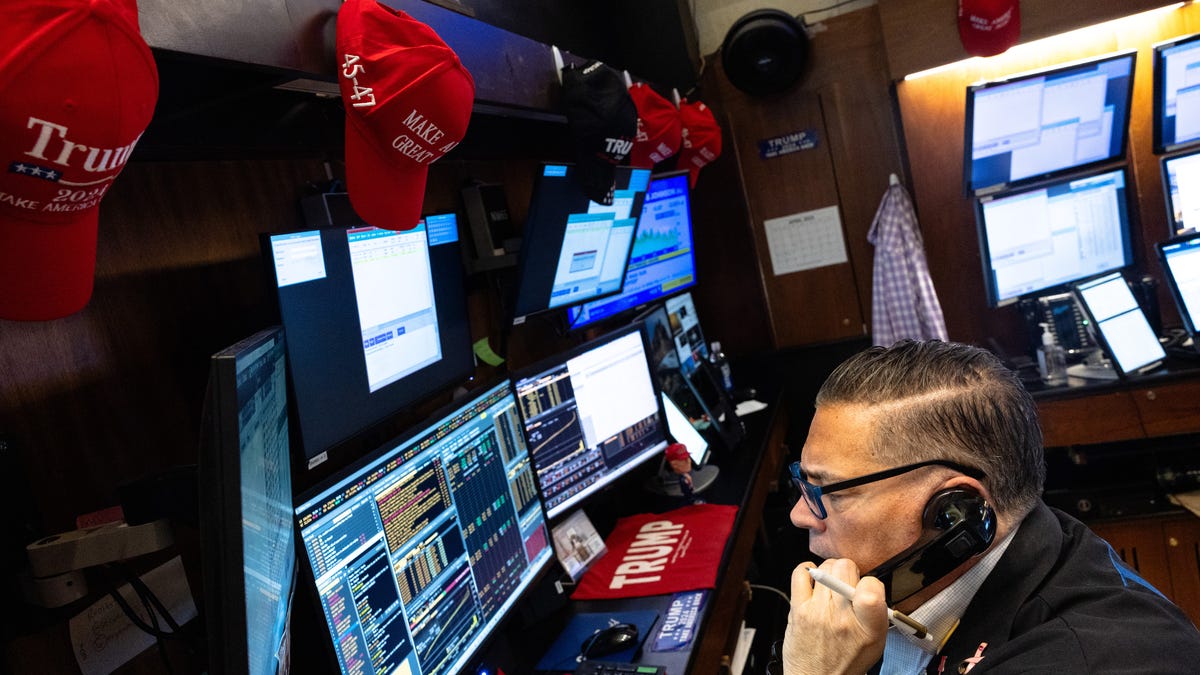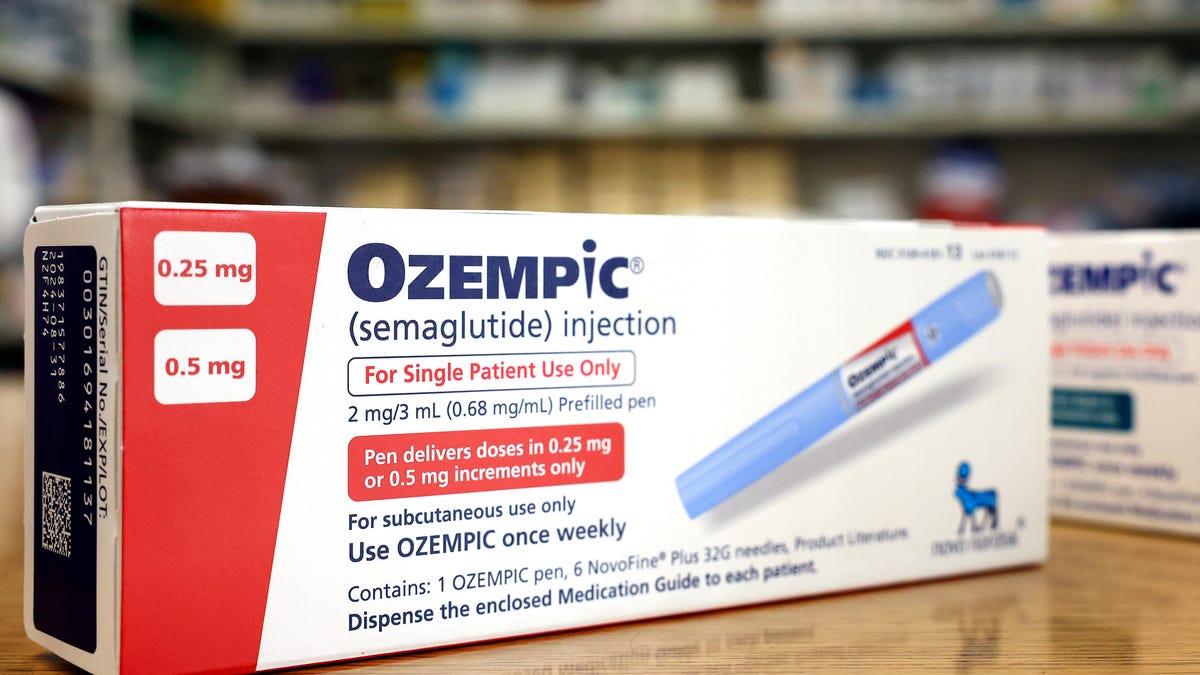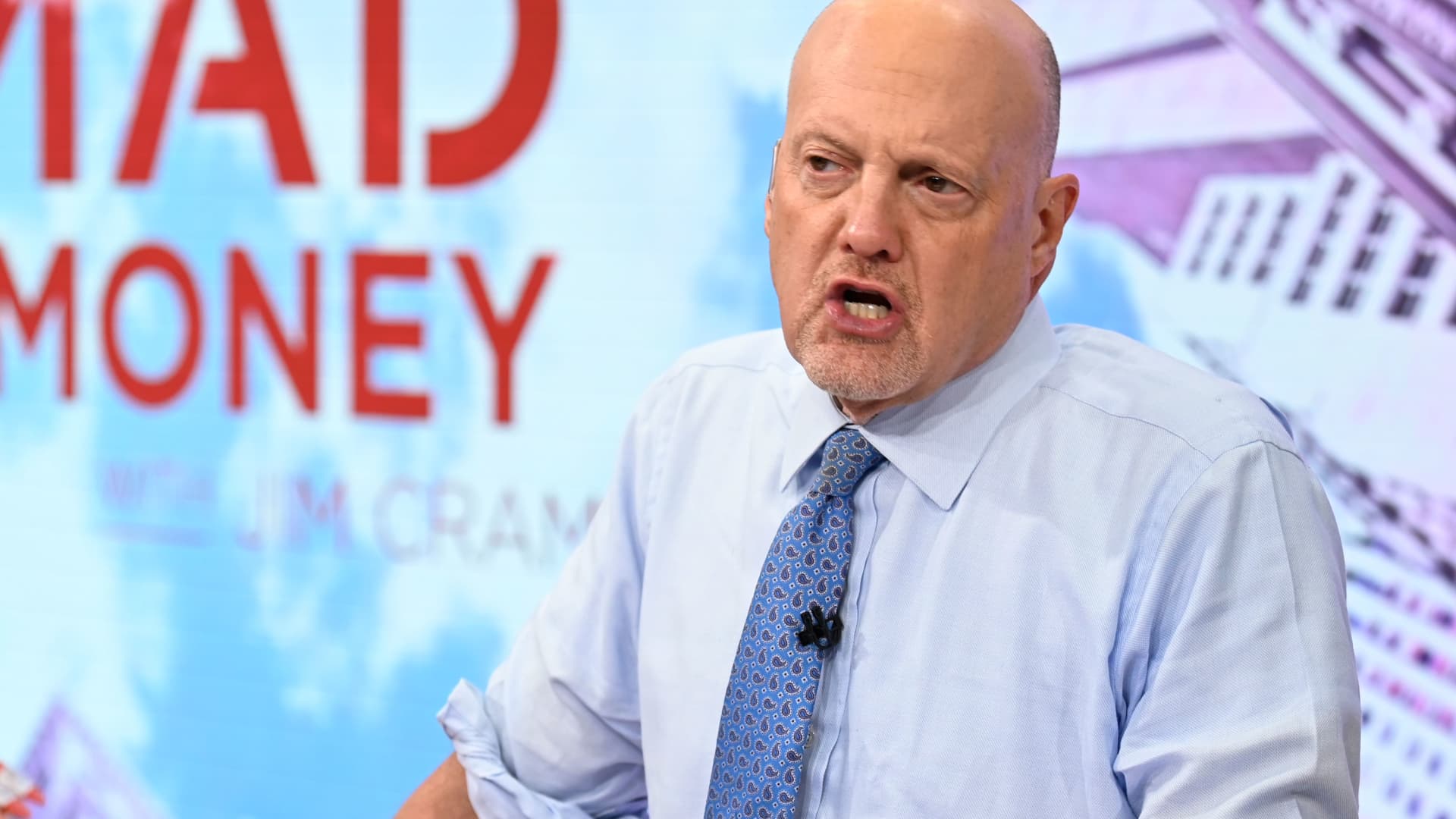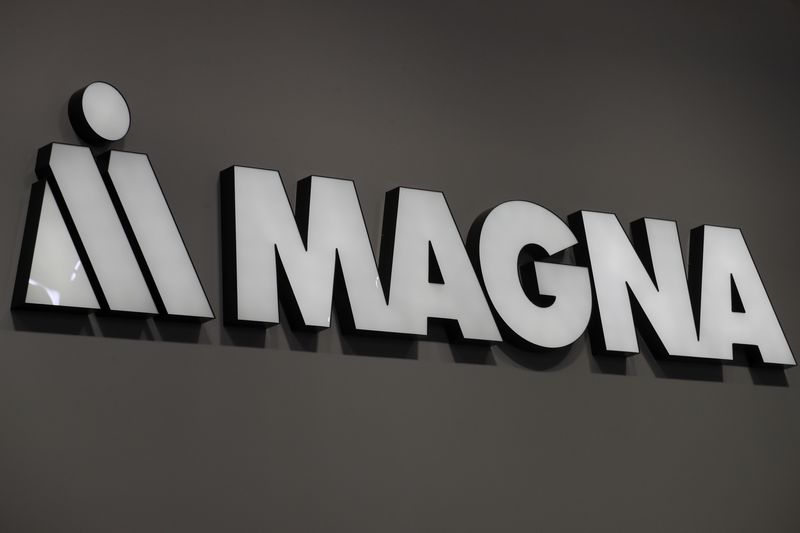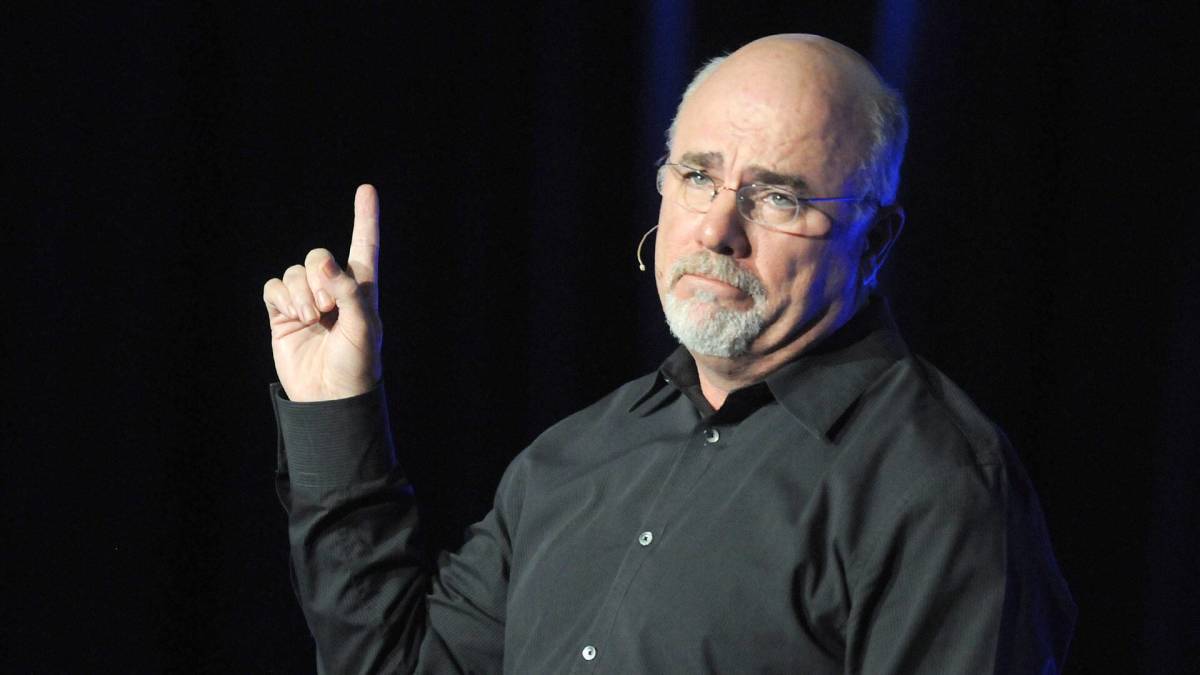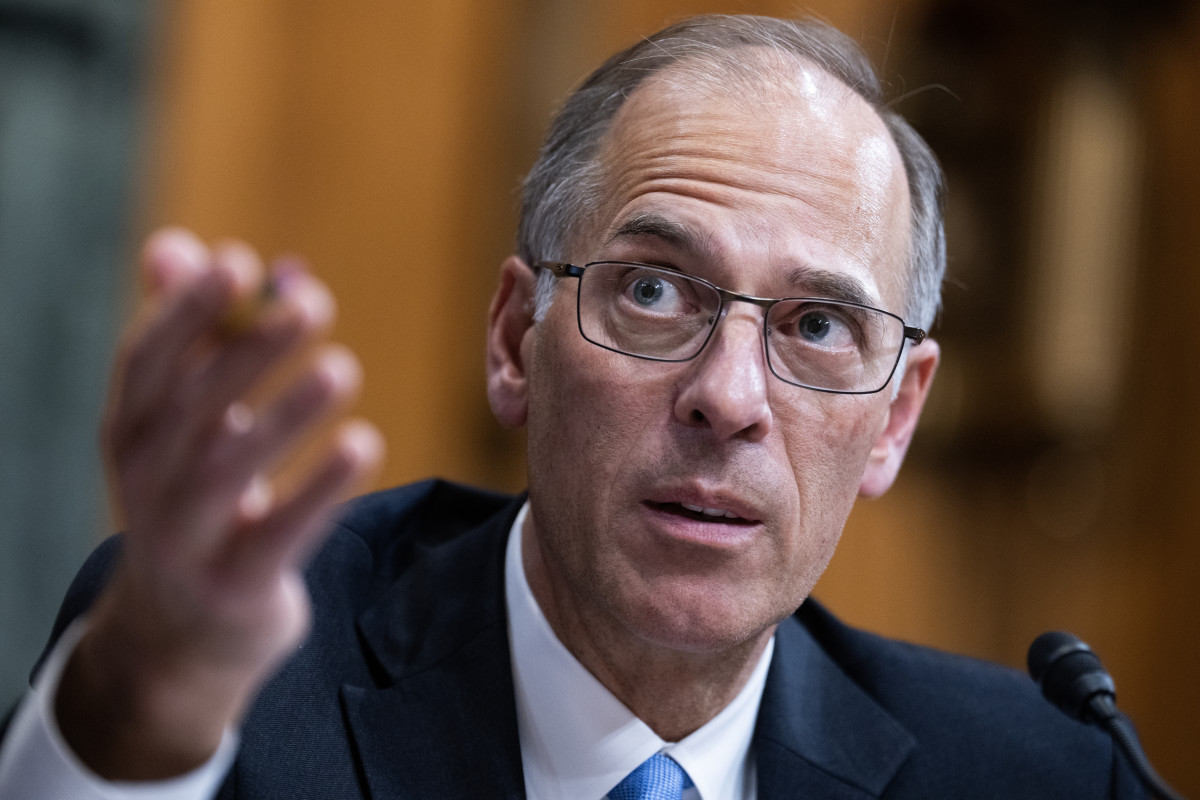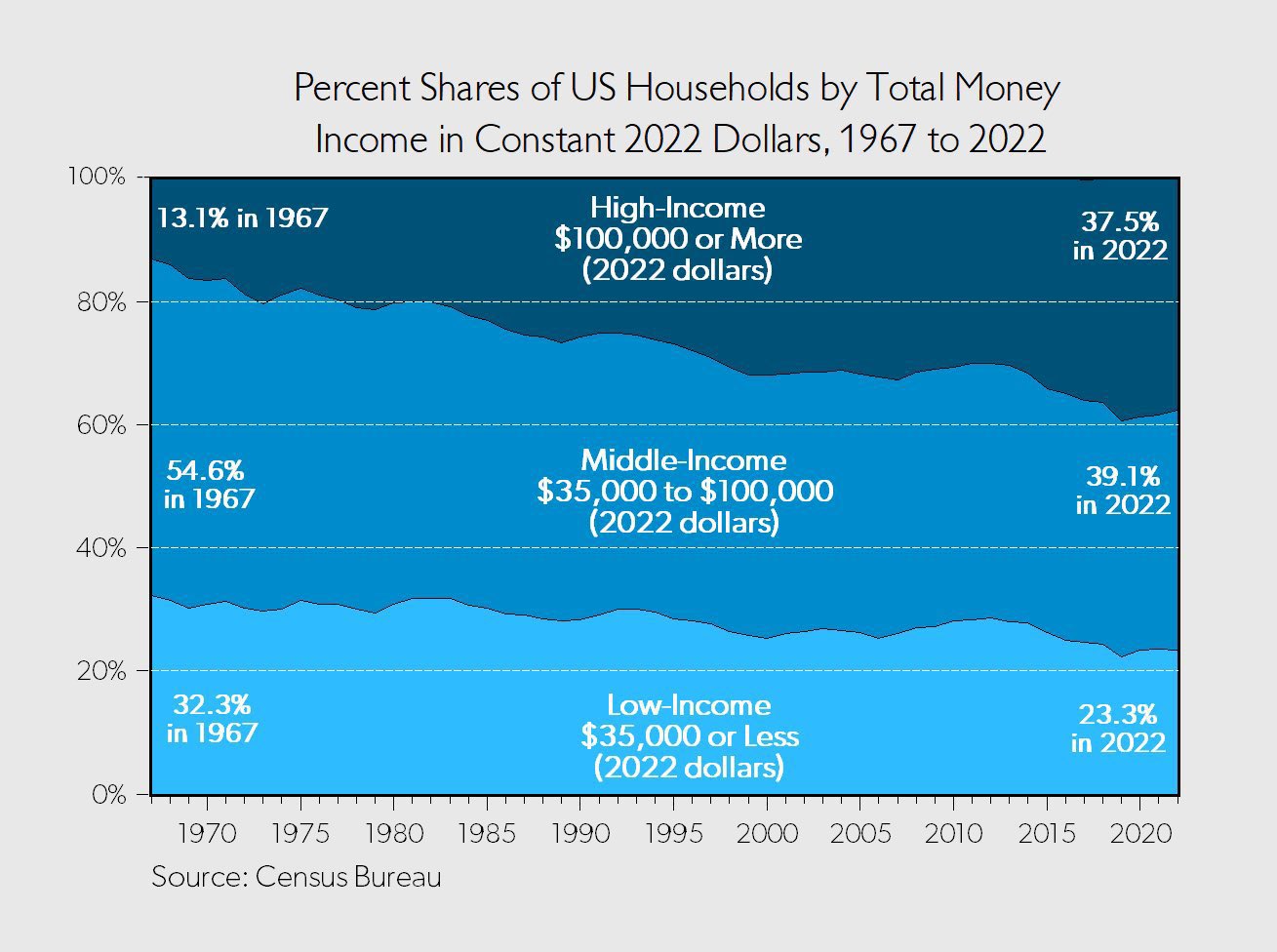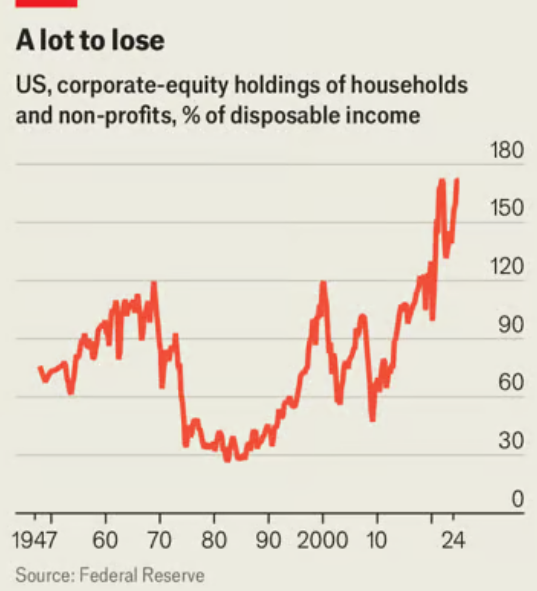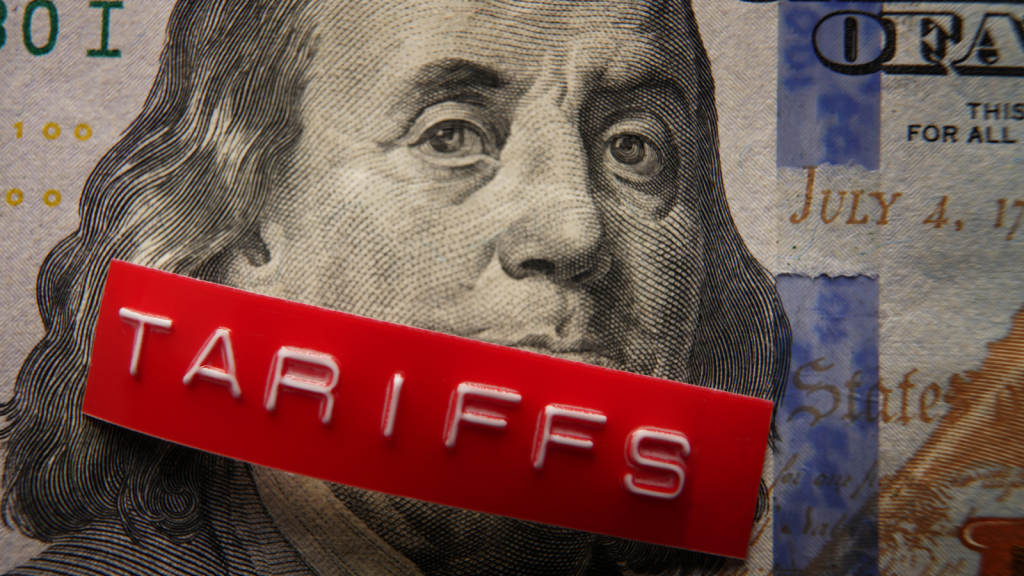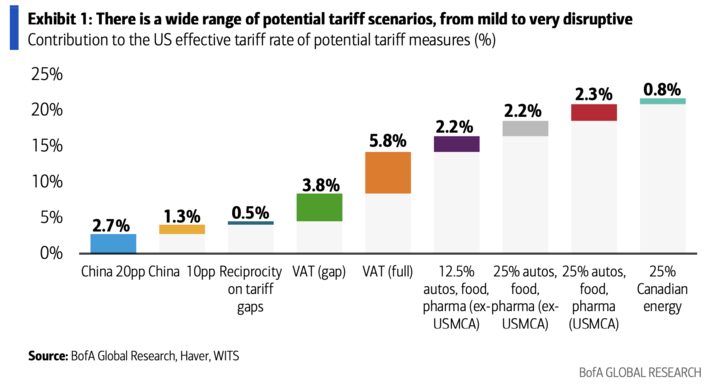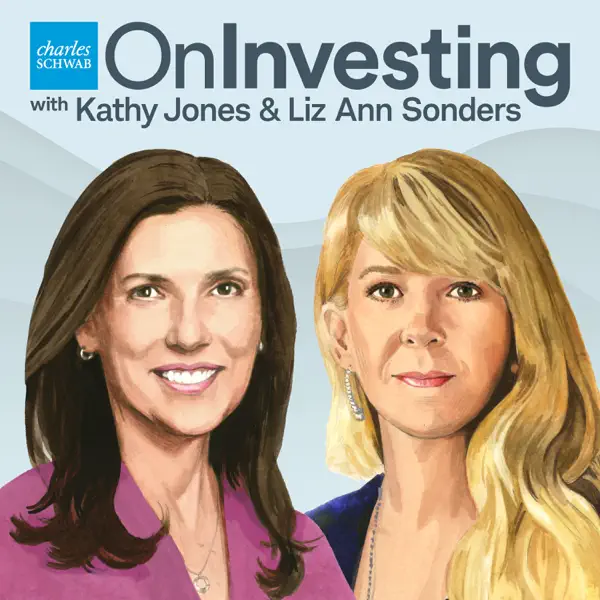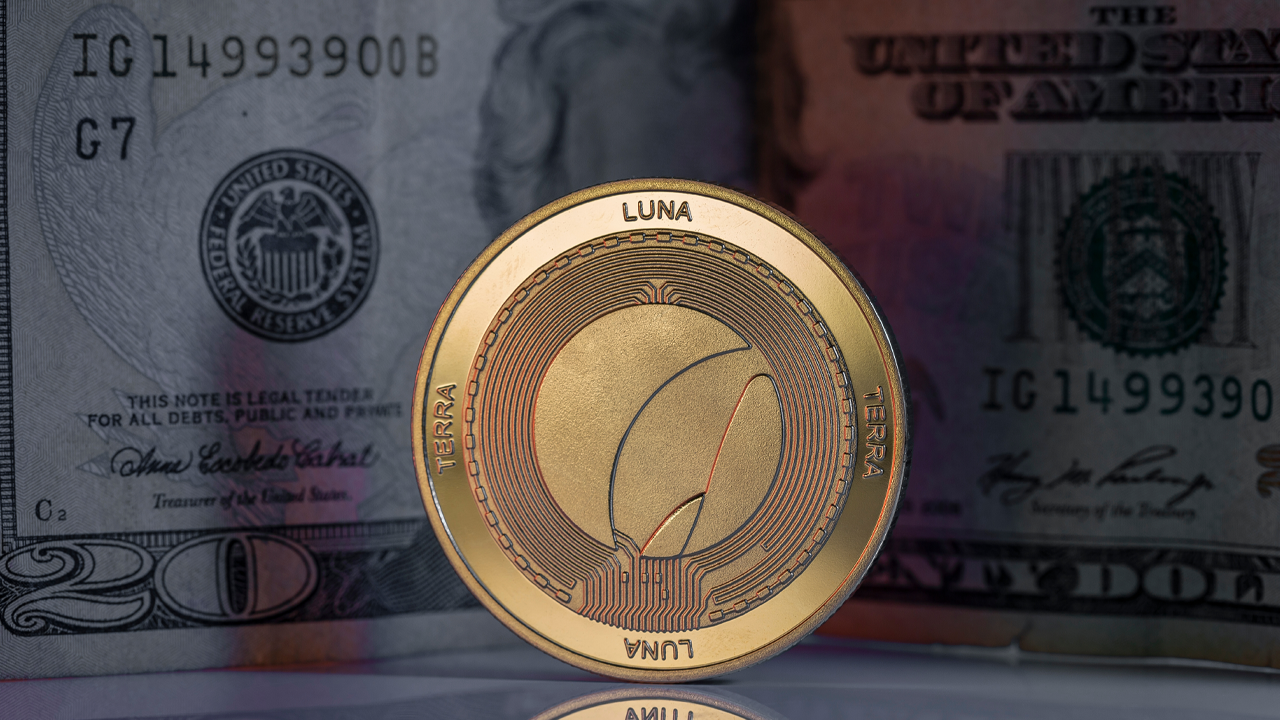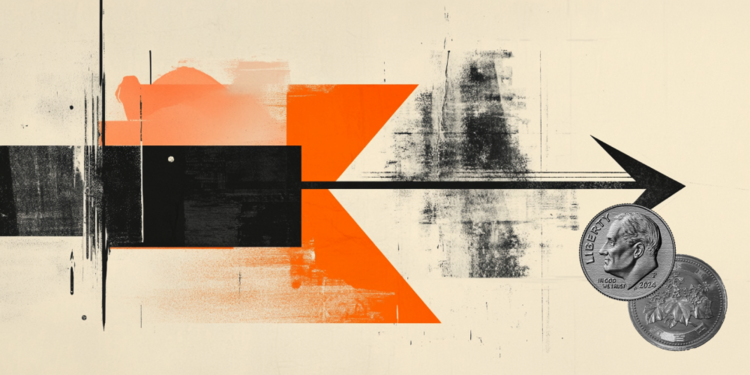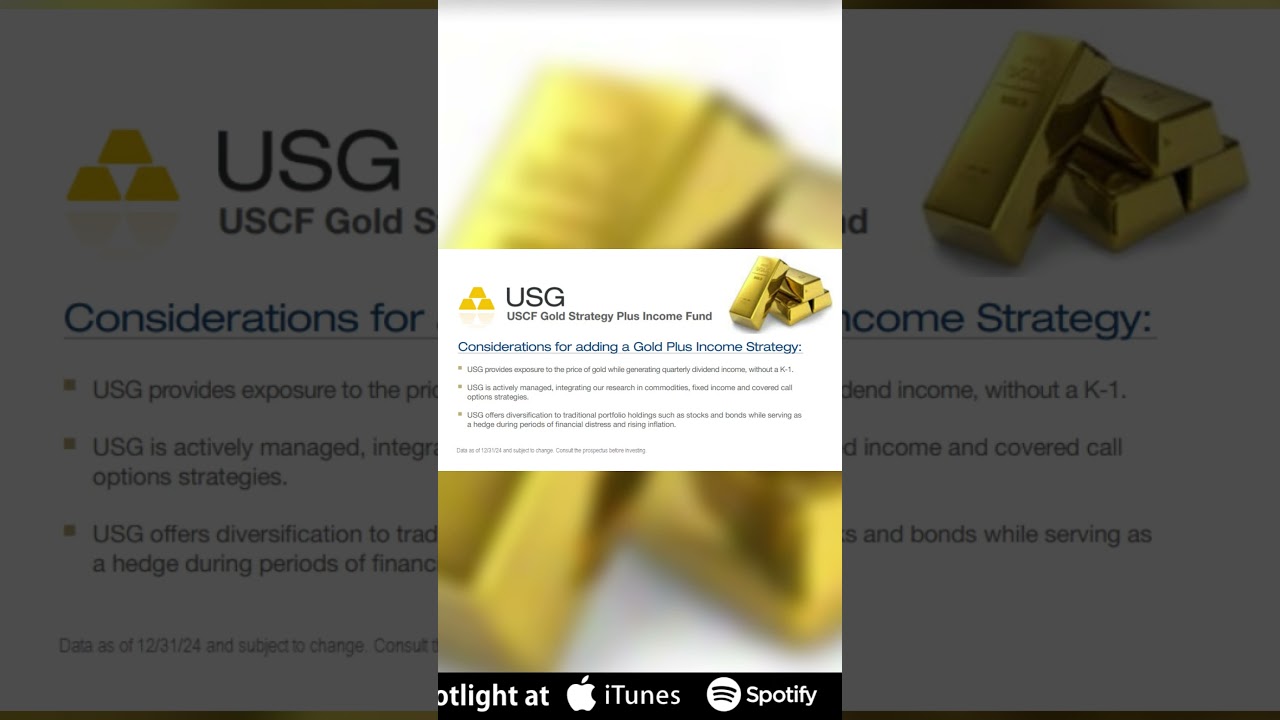I Used to Think a Health Savings Account Was Irrelevant, But These 8 Benefits Turned Me Into a Believer
I used to brush off the idea of a Health Savings Account (HSA). These HSA products are among the plethora of options out there for investors to save money on their taxes by putting pre-tax income into various accounts and shelter this income from taxes. However, the HSA actually turns out to be one of […] The post I Used to Think a Health Savings Account Was Irrelevant, But These 8 Benefits Turned Me Into a Believer appeared first on 24/7 Wall St..

I used to brush off the idea of a Health Savings Account (HSA). These HSA products are among the plethora of options out there for investors to save money on their taxes by putting pre-tax income into various accounts and shelter this income from taxes.
However, the HSA actually turns out to be one of those tax-advantaged tools that, in some ways, can be better than other options like 401(k) plans and the like to utilize to save as much money as possible come tax season.
Key Points
-
The HSA is so much more than a tax-advantaged tool for those looking to save money for medical expenses – here are 8 things investors may want to know about this key investing tool.
-
Are you ahead, or behind on retirement? SmartAsset’s free tool can match you with a financial advisor in minutes to help you answer that today. Each advisor has been carefully vetted, and must act in your best interests. Don’t waste another minute; get started by clicking here here.(Sponsor)
This particular account isn’t just a way to stash money for medical expenses; it’s a multi-purpose account that offers tax benefits, investment opportunities, and long-term financial advantages. Here are eight of the top benefits I think investors will certainly want to consider.
Tax Advantages
Starting at the top of the list with what’s most important to most considering an HSA – this is a tax-advantaged account that provides another avenue for increasing one’s tax refund at the end of the year. That’s what most investors are after, and that’s the key advantage this account offers for sure.
However, what many investors may be unaware of is the HSA’s rare and valuable “triple tax benefit” that few other savings vehicles match. As mentioned, contributions to an HSA are tax-deductible. This means that one’s taxable income is lowered by the amount put into this account, providing an immediate advantage to investors out of the gate.
However, the funds held within an HSA are also tax-deferred, meaning these investments can grow over time in a tax-deferred fashion, allowing returns to compound more quickly. And finally, withdrawals for qualified medical expenses can take place entirely tax free, something other accounts do not offer.
Wide Range of Eligible Expenses
When some investors hear the term “qualified medical expenses,” they may rightly question how broad of a definition this encompasses. Indeed, this was one of my initial concerns before I opened up an HSA.
Many may assume at first glance that these expenses would be limited to basic medical visits or prescription costs. But the reality is that the list is quite extensive, and this is a much more versatile account than many may think.
HSA funds can be used for routine doctor appointments, specialist visits, and prescription medications. Beyond standard medical care, they also cover dental services such as cleanings, fillings, and orthodontics, along with vision care expenses like eye exams, glasses, and contact lenses.
Balance Rollover
Another concern some have when thinking about whether an HSA is for them is that these accounts may be “use it or lose it” accounts, structured similarly to Flexible Spending Accounts (FSAs). That couldn’t be further from the truth.
Any unused funds can be rolled over from year to year, and are automatically rolled over in the vast majority of cases. Again, the compounding value this account provides is significant, and is one of the key drivers of outsized performance for investors who are banking on medical costs only increasing over time. In other words, for those looking to have their savings keep up with the inflation seen in rising medical costs over time, investing can help bridge the gap for those entering or nearing retirement.
Investing Upside
Another key factor which adds to the allure of opening up an HSA is the broad ability to invest the funds a specific investor wishes to choose. Other retirement savings accounts can offer a more narrow set of investing options, generally speaking. And while these funds are supposed to be used for healthcare related expenses, it’s also true that these accounts effectively act as a powerful investment and compounding vehicle for retirement.
Once an HSA reaches a certain threshold (typically between $1,000 and $2,000), the remaining balance can be invested in stocks, bonds, index funds, mutual funds and other offerings depending on one’s HSA provider.
What makes this benefit particularly appealing is that any earnings from these investments, whether through interest, dividends, or capital gains, grow completely tax-free. This feature allows an HSA to become a valuable tool for long-term wealth building, especially for individuals who do not need to use the funds immediately for medical expenses. By allowing investments to compound over time without tax implications, an HSA can play a significant role in both healthcare planning and overall financial growth.
Portability
Having an HSA is great, but what happens if you lose your job or choose to switch jobs? Investors may be concerned about their ability to transfer, or port, their HSA upon such life changes. But the good news is that the HSA belongs entirely to the account holder (not the company), so the funds in this account will remain in the employee’s hands until retirement. This ensures that the hard-earned savings of individuals stay intact and accessible to them, no matter where life leads
Family Benefits
Another key factor I think investors want to consider when looking at whether an HSA is right for them is the benefits these accounts can have for one’s entire family. Many people assume HSA funds can only be used for their own medical expenses, but these accounts can cover qualified healthcare costs for a spouse and dependent children. That’s true even if they aren’t enrolled in the account holder’s high-deductible health plan (HDHP). This means HSA funds can be used for a child’s prescription medications, a spouse’s dental work, or vision care for dependents.
The ability to support a family’s healthcare needs without managing multiple accounts or dealing with complex reimbursement processes adds valuable convenience. This feature is particularly beneficial for families facing unexpected medical expenses, allowing them to handle costs efficiently with tax-advantaged funds.
Post-Retirement Uses
Another key and valuable factor to consider is the fact that once you turn 65, the funds in an HSA are not liable for a penalty for using these funds for non-medical expenses. Before 65, funds can be withdrawn for discretionary purposes, but with a penalty attached.
That means that retirees who have some unused amount in their HSA are able to withdraw funds from this account for their travel, hobbies, living expenses, whatever. That said, the HSA will be taxed at regular income (funds used for medical expenses are still tax-free), so investors will certainly want to focus on pulling money from their 401(k) or other retirement accounts first.
No Opening Deposit
Finally, I think one compelling feature HSAs provide is the lack of a minimum required deposit to get started. In fact, many providers don’t require a minimum deposit at all to get started. This removes a key barrier for many in setting up a given account, with many other accounts requiring something in the form of up-front costs.
There’s no complicated steps involved in setting up an account or a required large initial contribution, so there’s no reason not to set one up (unless one doesn’t expect to have a high deductible plan in the future).
The post I Used to Think a Health Savings Account Was Irrelevant, But These 8 Benefits Turned Me Into a Believer appeared first on 24/7 Wall St..























